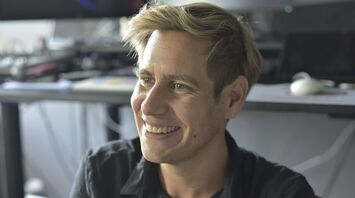The Brutalist Editor Addresses AI Allegations

The director of The Brutalist, Brady Corbet, firmly defends Adrien Brody and Felicity Jones, reassuring that their performances in the film "are completely their own." Amid a controversy generated by the use of AI technology to refine their Hungarian dialogue, Corbet clarifies that this was done strictly to polish certain vowels and letters with Respeecher technology. The objective was to uphold the authenticity of Brody and Jones' efforts, rather than alter or replace them. With the guidance of dialect coach Tanera Marshall, they worked diligently on their accents for months. This is prepared by SSP.
Editor Dávid Jancsó, a native Hungarian speaker, echoed Corbet’s sentiments in a RedShark News interview, emphasizing that while AI facilitated the process, human skill remained integral. Jancsó mentioned a part of his own voice aiding the actors' dialogue, underscoring the complexity of the Hungarian language. AI was not used to replace human inputs but to streamline the editing amid a tightly packed post-production schedule.
The application of AI in film production has raised industry-wide debates, deemed by some as controversial. Yet, figures like Jancsó see it as a beneficial tool deserving open discussion. Film unions have expressed caution over AI's role in replacing labor, emphasizing the need for clear regulations to protect creatives.
Opening amid award season, The Brutalist caught the critical eye with remarkable reviews, holding a 93% rating on Rotten Tomatoes and netting accolades like Best Motion Picture, Drama, at the Golden Globes. Anticipation grows as the Oscar nominations near; the synergy of human creativity and technology in this film exemplifies an evolving narrative in cinema.
Earlier, SSP wrote that Cameron Diaz said she is open to revisiting her iconic role in "The Mask" sequel.



















